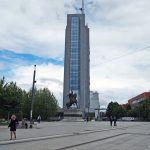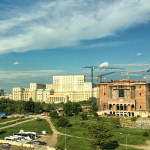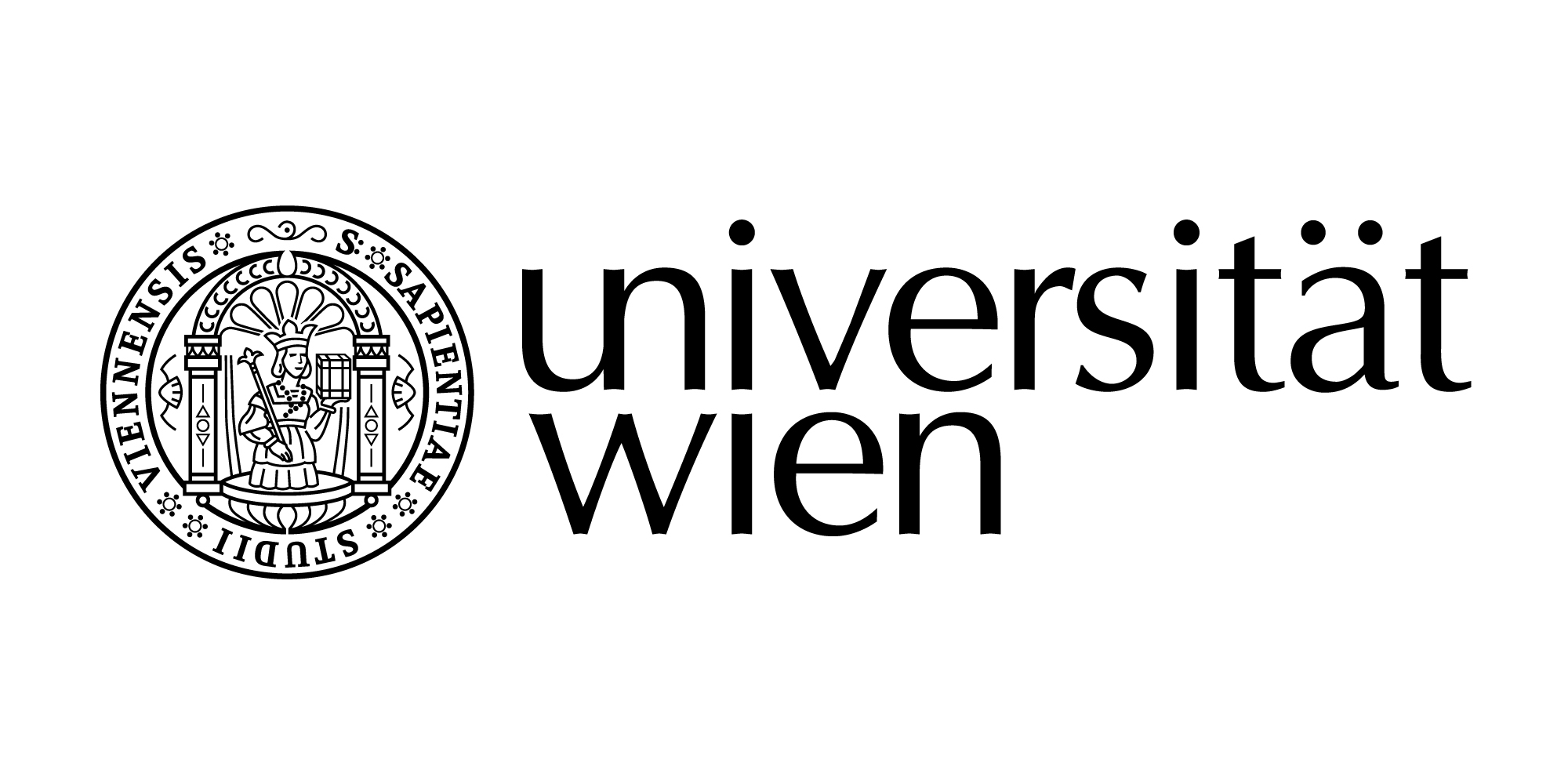
Romania’s Fragile Successes and the Rise of the Far Right
Romania’s rapid economic development since joining the EU has been overshadowed by rising inequality, institutional neglect, and political discontent, fueling the far right’s dramatic ascent. In the 2024 elections, nationalist rhetoric, a frustrated diaspora, and geopolitical tensions propelled the AUR’s Călin Georgescu to near-victory, exposing the fragility of Romania’s democratic and institutional framework.

Azerbaijan’s Snap Parliamentary Election: One Step Forward, Two Steps Back
For some time, elections in Azerbaijan have been assessed as a “game” by the government, without any relevant opposition and passive acceptance on the part of the general public. Sofie Bedford takes a closer look at the snap parliamentary elections in February, analysing the current situation, new players and increased political activeness.

Andrej Babiš – ein zweiter Trump? Tschechische Wahlen mit Langzeitwirkung
Die Parlamentswahl in Tschechien erschütterte die politische Landschaft des Landes. Der Absturz der etablierten Parteien setzte sich fort, populistische Parteien verbuchten hingegen große Stimmenzuwächse. Dieter Segert analysiert die Wahl und gibt Erklärungen für den Wandel.

Elections in Kosovo: What has really changed?
The results of the recent elections in Kosovo imply changes in the balance of Kosovo-Serbia negotiations, in the rethinking of major public policy, and invite for reforms in the mainstream parties. In his article, Artan Mustafa claims that the recent elections are a vote against the main parties and that the public expectations for change are rising.

The Romanian Parliamentary Vote: From Protest to Protest
A year after a series of protests ended with the ousting of the Social Democratic Party-led government, the party reemerges as the dominant political force in Romania. Titus Udrea analyses the latest Romanian election and its ensuing developments that have led Romania on the brink of political crisis.

